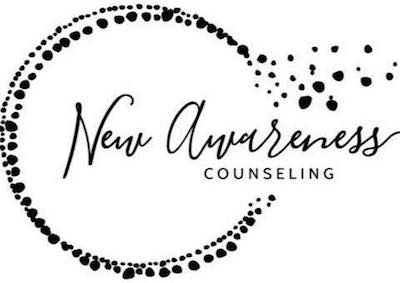I am continually intrigued at the role our physical bodies hold in our emotional responses to difficult situations. The fact that two, almond-sized parts in our brains, called the amygdala, help us to respond in life-saving ways when we sense life-threatening danger is quite profound to me. Sometimes though, those tiny brain parts influence our emotional response in ways we do not appreciate.
Overreactions, Overwhelm, and Irritability
When the amygdala senses danger in the environment around us, it sends a signal to our brains and bodies to either fight or flee from the source of the danger. When the source of danger is an imminent threat to our physical well-being, there is much gratitude for the quick and automatic reactions of the amygdala to keep us well and safe. However, when the source is something less of an imminent threat and we are sent into the fight or flight response, it may feel incredibly out of control. This may show up for us in ways such as overwhelm, overreactive fear, irritability, or an illogical response on our part to the level of sensed danger.

Anxiety and Depression Treatment New Castle, CO
When life feels overwhelming we can help you figure out how to create more peace and joy. Together we can create a plan to build more happiness into your life and move away from patterns of anxiety and depression. Contact a counselor near me: Ashley Mauldin, MA, LPC, EMDR and Jodi Hill, Licensed Professional Counselor Candidate (LPCC) of New Awareness Counseling, LLC.
386 W. Main Unit 102 New Castle, CO 81647 | Telehealth – Secure online sessions| (970) 388-1903
Building Awareness When Overwhelm is Present
Logically, and usually well after the situation, we may know we do not want to respond with the overwhelm and irritability, but it almost feels impossible to access a different response for future moments. There may be a variety of reasons for the block to our desired response and the feeling of inaccessibility which comes along with it. We may feel out of control or possibly stuck in old messaging and patterns. The amygdala is scanning the horizon and looking out for us all the time in order to support us in responding accordingly. Recognizing when you may be over reacting can be challenging and also freeing once you have a sense of awareness for what is occurring. Building this awareness and learning ways to respond differently with authenticity and a feeling of control is possible.
Mindfulness and Its Impact on Overwhelm
Research has shown mindfulness can actually cause the amygdala to shrink. Mindfulness can be implemented in a variety of practices and does not always require the use of meditation – which can seem like a daunting to undertake from the beginning. Simply taking a couple moments in your car before getting out to notice your posture, your feet on the floorboard, and your arms in the jacket sleeves can be a part of becoming more ‘grounded’. Using these kinds of mindfulness practices consistently has been attributed to improved amygdala functioning.
Accessing Our ‘Thinking’ Brain with Mindfulness
Translated into your everyday life, these small moments can support us to respond differently when we are triggered by events, people, places or situations that our amygdala had previously identified as threatening. When this happens, we can more quickly access our ‘thinking brain’ – the prefrontal cortex where our rational thinking occurs. It has also been shown that mindfulness causes the prefrontal cortex part of our brains to thicken. And this part of our brain is what allows us to pause, think and choose our actions.
It’s a wonder how prominent and important these small parts of our brains can dictate such large responses from us and also quite a wonder how we can initiate new actions and habits that influence the way these tiny brain parts operate. Building these skills in our lives may be a new or old practice but can have far-reaching and positive impacts in our overall well-being. If you can picture these practices as something you would like to implement and you want a companion on your way, feel free to reach out and see how these kinds of practices may be possible in your daily life.

With gratitude,
Jodi Hill, Licensed Professional Counselor Candidate (LPCC)

